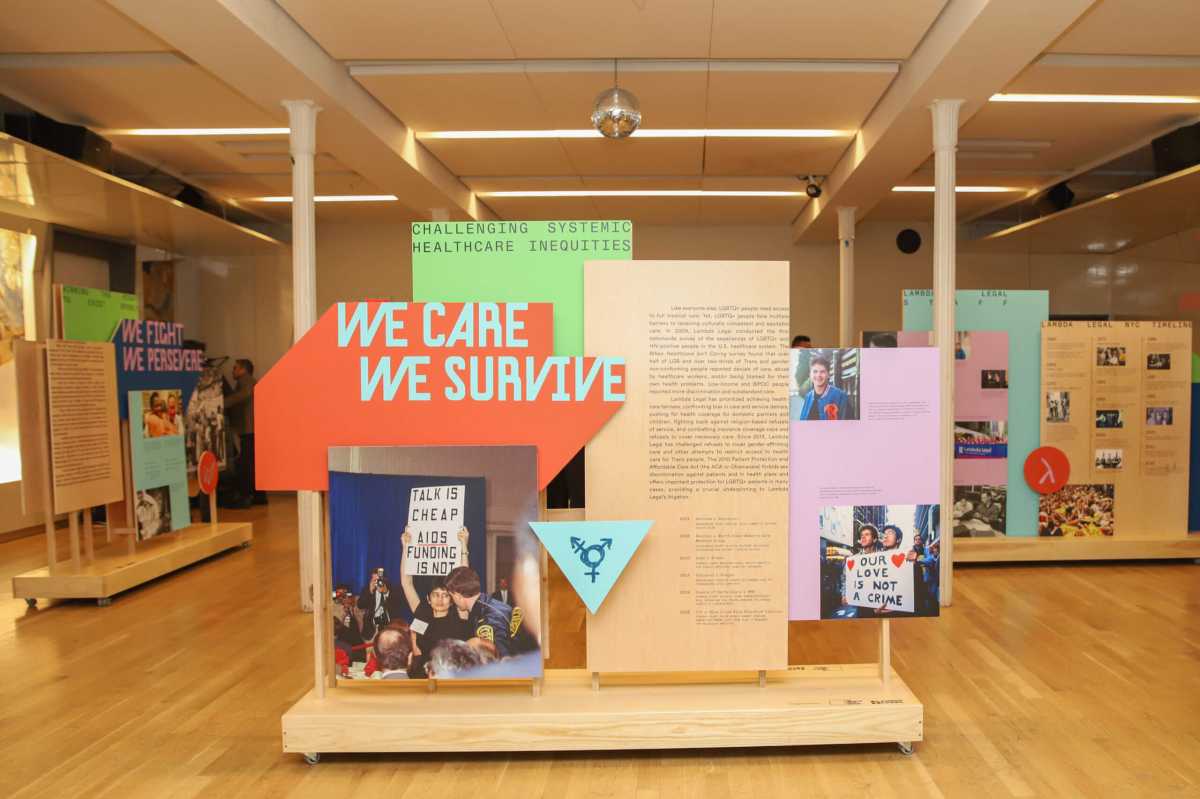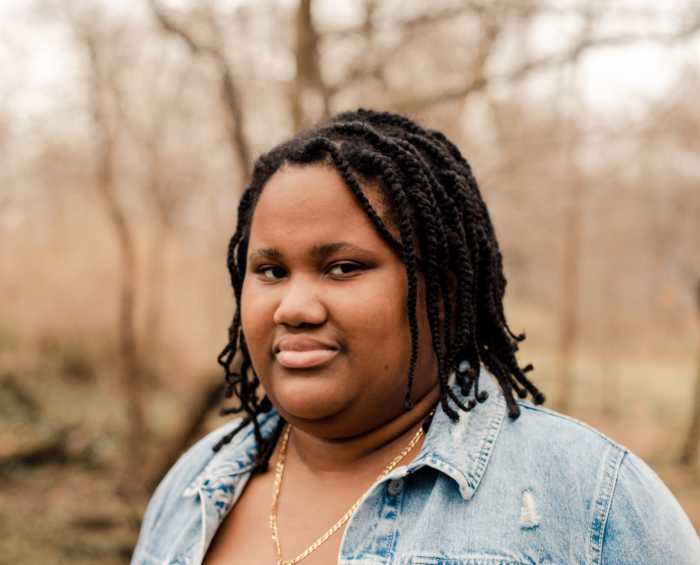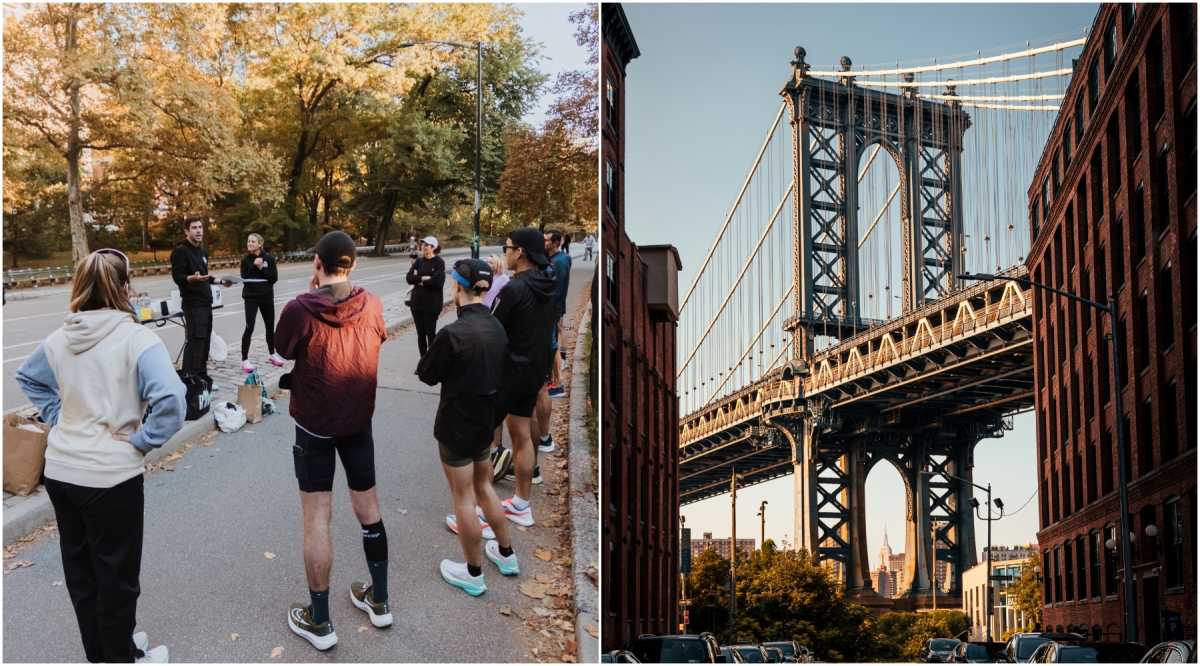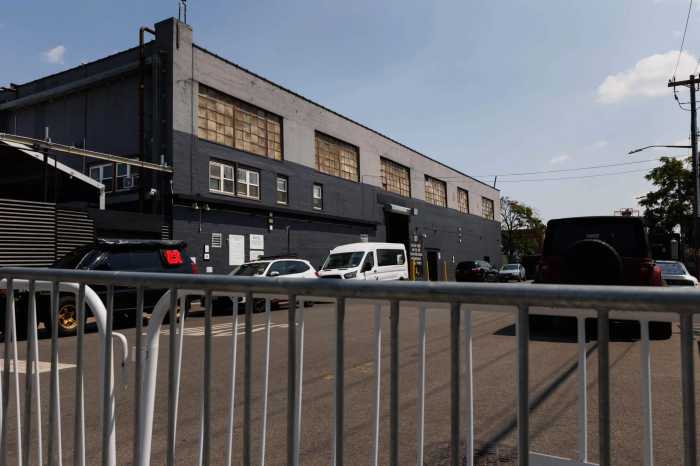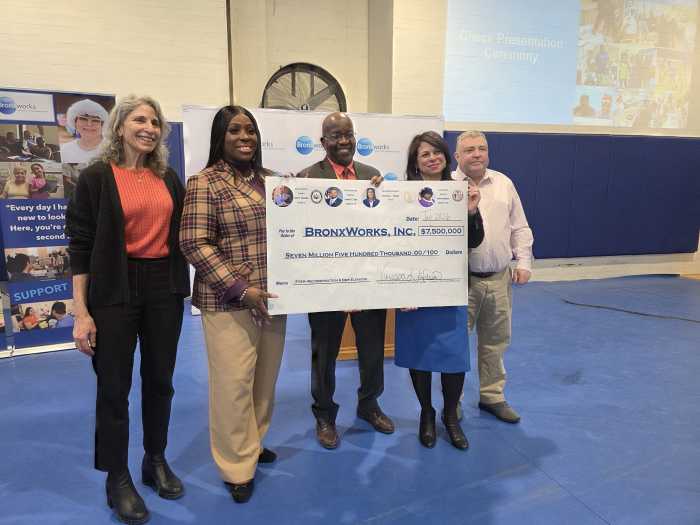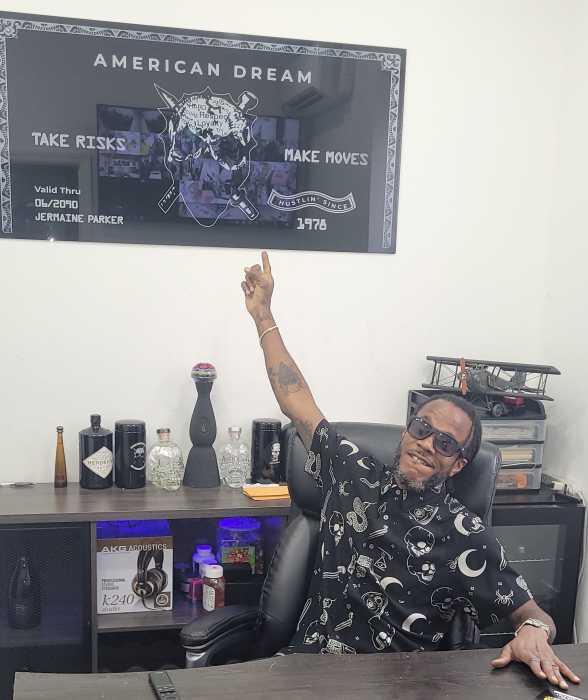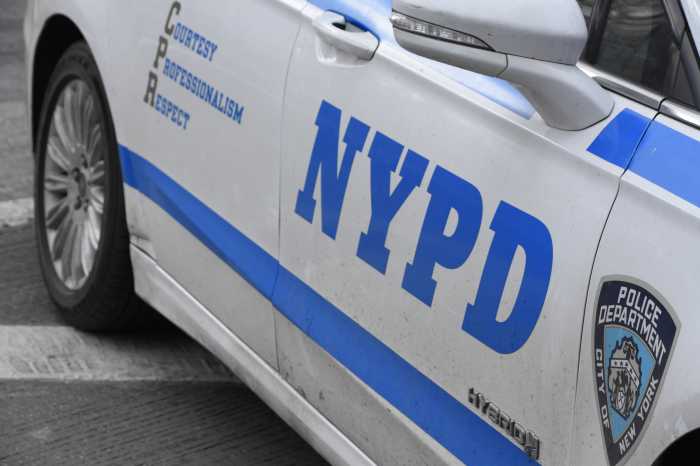Nick Russo remembers the time, in the early 1970s, when he first heard about a group of lawyers fighting for queer rights.
His friend from law school told him “there was a group of lawyers and law students who were meeting in a church basement, and they were gay. And did we want to go?” he recalled. “So we decided to go.”
At that meeting Russo met Bill Thom, who in 1973 founded Lambda Legal, a non-profit law firm that would go on to help lead the way in ending anti-sodomy laws, protecting LGBTQ people from employment discrimination, and winning marriage equality, among many other accomplishments.
Russo, a young lawyer himself, was a member of Lambda Legal’s first board. “If it was known by the bar authorities that you were gay, homosexual, they might not admit you to the bar, or they might jeopardize your admission because the presumption was you were in violation of the criminal law,” he said.
Now, 50 years later, Russo added, “it’s remarkable how far the community has come and all the dimensions that it’s taken that we never contemplated.”
Russo and Michael Lavery, another founding board member, joined the opening celebration of Queer Justice: 50 Years of Lambda Legal, the American LGBTQ+ Museum’s first traveling exhibition, on Nov. 13.
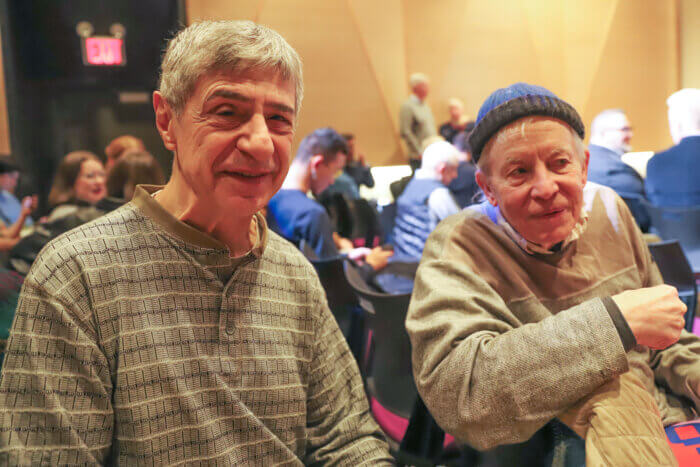
The exhibit is a combination of text and archival photos that chart the 50-year history of Lambda Legal, as it paved the way to enshrine LGBTQ rights in the United States. It is broken into eight sections: “We Fight, We Persevere”; “We Grieve, We Overcome”; “We Labor, We Serve”; “We Care, We Survive”; “We Love, We Protect”; “We Teach, We Thrive”; “We Belong, We Live”; and “We Speak, We Resist.”
The show is on display at The Lesbian, Gay, Bisexual & Transgender Community Center in Greenwich Village through Nov. 18. After that it will travel to Atlanta, Los Angeles, Chicago, Washington D.C., and Dallas. The show will be on display at an LGBTQ community center in each city, bringing it to the heart of the community. In each city it visits it will include a timeline specific to Lambda Legal’s history in that area. The opening night also featured a panel discussion about the history of AIDS activism, with Ron Goldberg, a member of ACT UP; Blake Paskal, community programs manager at Visual AIDS; and Jose Abrigo, the HIV director at Lambda Legal.
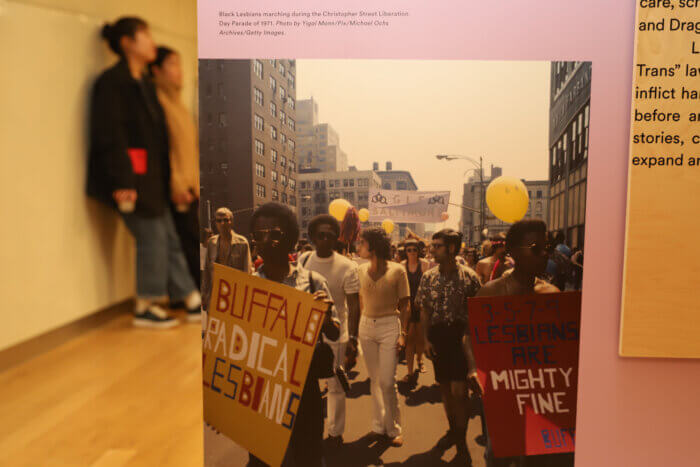
“We really wanted to center the fact that we want our communities to have access to this history, to experience that radical joy from looking at what we’ve achieved together for the past 50 years,” Lauraberth Lima, the exhibit’s curator, told Gay City News. “We see this exhibition as a beautiful marriage between what’s happening in the courts and what’s happening in the streets.”
“Our hope is that individuals from across the nation will have the opportunity to view queer justice in their own communities, and by bearing witness to this exhibition become further involved in our effort to secure our reality,” Lima said.
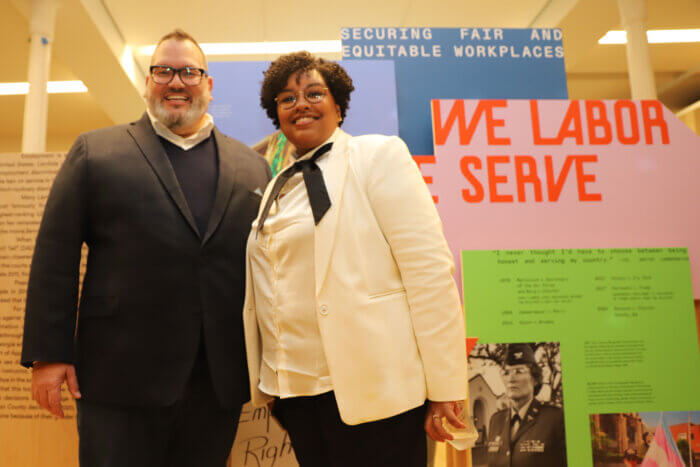
The exhibit includes the country’s first AIDS discrimination lawsuit in 1983, when Dr. Joseph Sonnabend was threatened with eviction for treating patients with HIV/AIDS. There’s also Vandy Beth Glenn, a transgender woman who was fired from her job in 2007 as a legislative director when she told her boss she intended to transition. Lambda Legal litigated, and won, in both those cases.
Lambda’s work is ongoing. Becky Pepper Jackson, a 13-year-old trans girl, is one of the law firm’s current clients. She was barred from playing on a sports team in West Virginia under the state’s ban on transgender athletes. Lawyers from Lambda are still fighting her case in the courts.
The history of these cases — including Lambda Legal’s own fight to get itself incorporated — is told against the backdrop of historical images of pioneering LGBTQ activist groups and community leaders like Marsha P. Johnson and Sylvia Rivera.
“We wanted to also [show that] Lambda was not working in a vacuum,” Lima said. “Lambda was also fueled by what was going on in the public [with] people hitting the streets.”
Kevin Jennings, Lambda Legal’s CEO, said he’s excited to share queer history with the LGBTQ community.
“It’s so critical to make sure that we fight as hard as possible to make sure that people know our history, and they know the names of the people and the cases that got us to where we are today,” he said, “ in this truly frightening time when things could go backwards very quickly.”
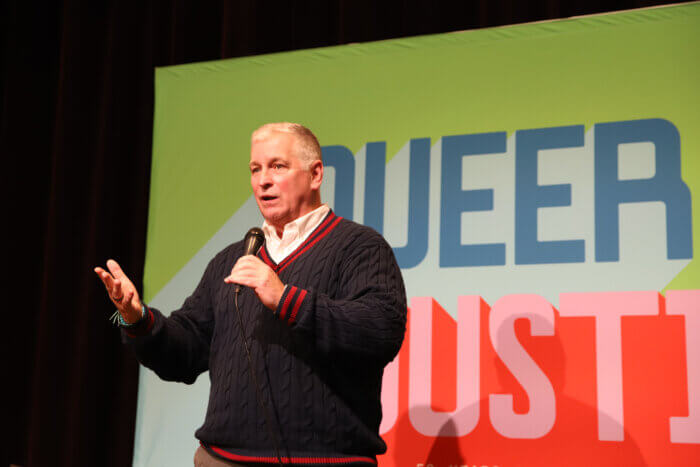
The American LGBTQ+ museum is set to open in 2026 with a core exhibit in the New York Historical Society, Ben Garcia, the museum’s first executive director, told Gay City News. All of their exhibits — both traveling and in NYC — will be put on in collaboration with LGBTQ organizations, other institutions or museums.
“We really do see this museum as a political act, as part of the movement,” Garcia said. “Our exhibitions need to … celebrate and inspire the contributions of queer Americans.”

